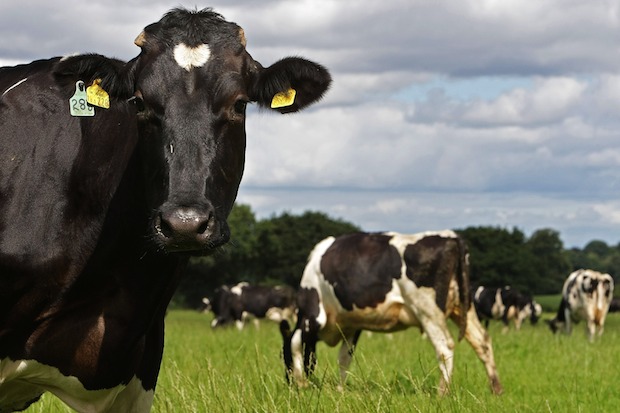Much has been made of the political debate at the 2014 CLA Game Fair at Blenheim Palace. The attendance of the new Environment Secretary Liz Truss, Ukip leader Nigel Farage and former Environment Secretary Owen Paterson (less than a week after the government reshuffle) has given rise to a general debate about where the rural constituency, or countryside vote, currently sits on the political map.
The CLA is studiously apolitical. It is a membership organisation with more than 33,000 members who together own and manage more than half the rural land in England and Wales and represent over 300 types of rural businesses. Our priority is to represent our members’ views and concerns to all political parties at regional, national and European Union level. We simply want to see a political agenda from all sides with the countryside at its heart.
That is why also attending the CLA Game Fair were Shadow Environment Minsters Huw Irranca-Davies and Angela Smith, Liberal Democrat Peer Lord Marks, and Conservative Environment Minister George Eustice. All came to debate rural policy and engage with CLA members and industry. Their contributions to the President’s Debate on what each party would do for the countryside if returned to power in 2015 were well received.
Of course, the prospect of a referendum on Britain’s membership of the European Union made the second of the CLA Game Fair theatre debates, on whether our membership of the EU is a good thing, very popular, with audiences spilling out of the back of the theatre. Game & Wildlife Conservation Trust (GWCT) Chairman Ian Coghill and CLA Deputy President Ross Murray locked horns with Ukip Leader Nigel Farage and Telegraph columnist Robin Page on this fiery topic.
It is my view that Britain simply cannot afford to turn its back on the money that farmers and landowners receive from the EU. The figures speak for themselves. In England alone, with the value of farming at some £7.25bn the total support from CAP in 2012 was just over £2bn or 27 per cent. To those, like Nigel, who say Britain could be like Norway or Switzerland, I would suggest they look at the comparison with agricultural subsidy in those countries, which are much higher at 60 percent in Norway and more than 50 percent in Switzerland. Would a UK government independent of the EU ever support farming to the same extent? I doubt it very much.
Furthermore, as The Spectator’s Camilla Swift noted, Ross Murray argued that EU exports on which British farmers rely would be cut to shreds if Britain left the EU. Last year 105,331 tonnes of British beef went abroad, of which only 4,574 tonnes was to non EU states. 60 percent went to Holland and Ireland. This reliance on exports to the EU means that British farmers would still have to comply with EU trading regulations but would be without a voice on any future decisions made on restrictions. What British agriculture does is world class, essential and competes with any of its neighbours on quality. Britain should be at the table shaping the decisions which will affect its farmers and exports.
If Britain left the EU, farmers would be at the mercy of the supermarkets who will always buy on price. It is about thinking with the head not the heart. The agri-food sector contributes £97.1bn to the UK economy each year, and supports the jobs of more than 3.6 million people. Ukip’s rural plans are unrealistic and un-costed.
Henry Robinson is President of the CLA






Comments